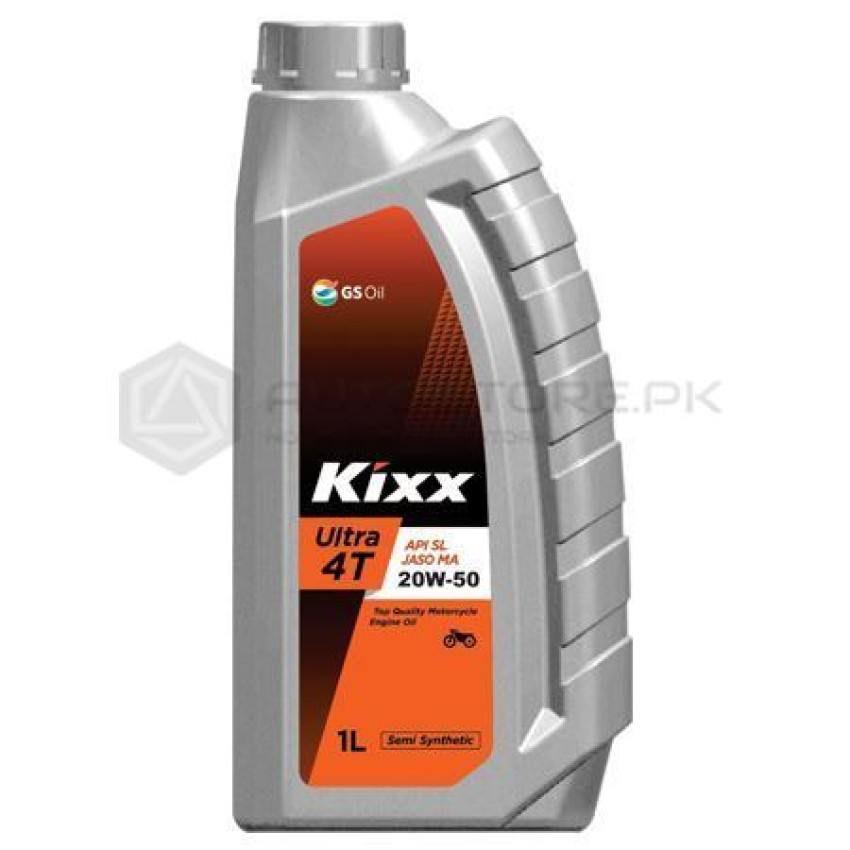
Car engine oils play a crucial role in maintaining the health and performance of your vehicle's engine. While many drivers recognize the importance of regular oil changes, the science behind engine oils often remains a mystery.
In this article, we'll delve into the intricacies of car engine oils, exploring their composition, functions, and the factors to consider when choosing the right oil for your vehicle.
I. Composition of Engine Oils:
1. Base Oils:
Car engine oils are primarily composed of base oils. These oils can be mineral-based, synthetic, or a blend of both. Mineral oils are derived from crude oil, while synthetic oils are chemically engineered to offer enhanced performance and stability. Blended oils combine the advantages of both mineral and synthetic oils.
2. Additives:
Engine oils are fortified with various additives to improve their properties. These additives include detergents to clean engine components, anti-wear agents to reduce friction and protect against metal-to-metal contact, antioxidants to prevent oil degradation, and viscosity index improvers to maintain oil thickness across a range of temperatures.
II. Functions of Engine Oils:
1. Lubrication:
The primary function of engine oil is to lubricate moving parts within the engine. This reduces friction and wear, ensuring smooth operation and extending the lifespan of crucial components like pistons, crankshafts, and camshafts.
2. Cooling:
Engine oils also play a role in dissipating heat generated during combustion. They absorb heat from engine components and transfer it away, helping to maintain optimal operating temperatures. Efficient cooling is vital for preventing engine overheating and subsequent damage.
3. Cleaning:
Detergent additives in engine oils help keep the engine clean by preventing the buildup of deposits and sludge. This cleanliness is essential for maintaining proper engine function and fuel efficiency.
4. Seal Conditioning:
Engine oils contain additives that condition and maintain the integrity of gaskets and seals. This helps prevent oil leaks and ensures a tight seal between engine components.
III. Choosing the Right Engine Oil:
1. Viscosity:
The viscosity of an oil, measured by its thickness, is a critical factor. Engines operate within specific temperature ranges, and selecting the right viscosity ensures proper lubrication across varying conditions.
2. API and SAE Ratings:
The American Petroleum Institute (API) and the Society of Automotive Engineers (SAE) provide standards for engine oils. Understanding these ratings helps consumers choose oils that meet the requirements of their vehicles.
3. Driving Conditions:
Consider your typical driving conditions when selecting engine oil. Factors such as climate, load, and driving habits influence the choice between conventional, synthetic, or blended oils.
Conclusion:
In conclusion, understanding the science behind car engine oils empowers vehicle owners to make informed decisions about maintenance. The composition and functions of engine oils work in harmony to ensure optimal engine performance, longevity, and fuel efficiency. When it comes to selecting the right engine oil, a thoughtful consideration of viscosity, ratings, and driving conditions will contribute to the overall health and efficiency of your vehicle's engine. Regular oil changes with the appropriate oil are fundamental steps in preserving the heart of your car.



